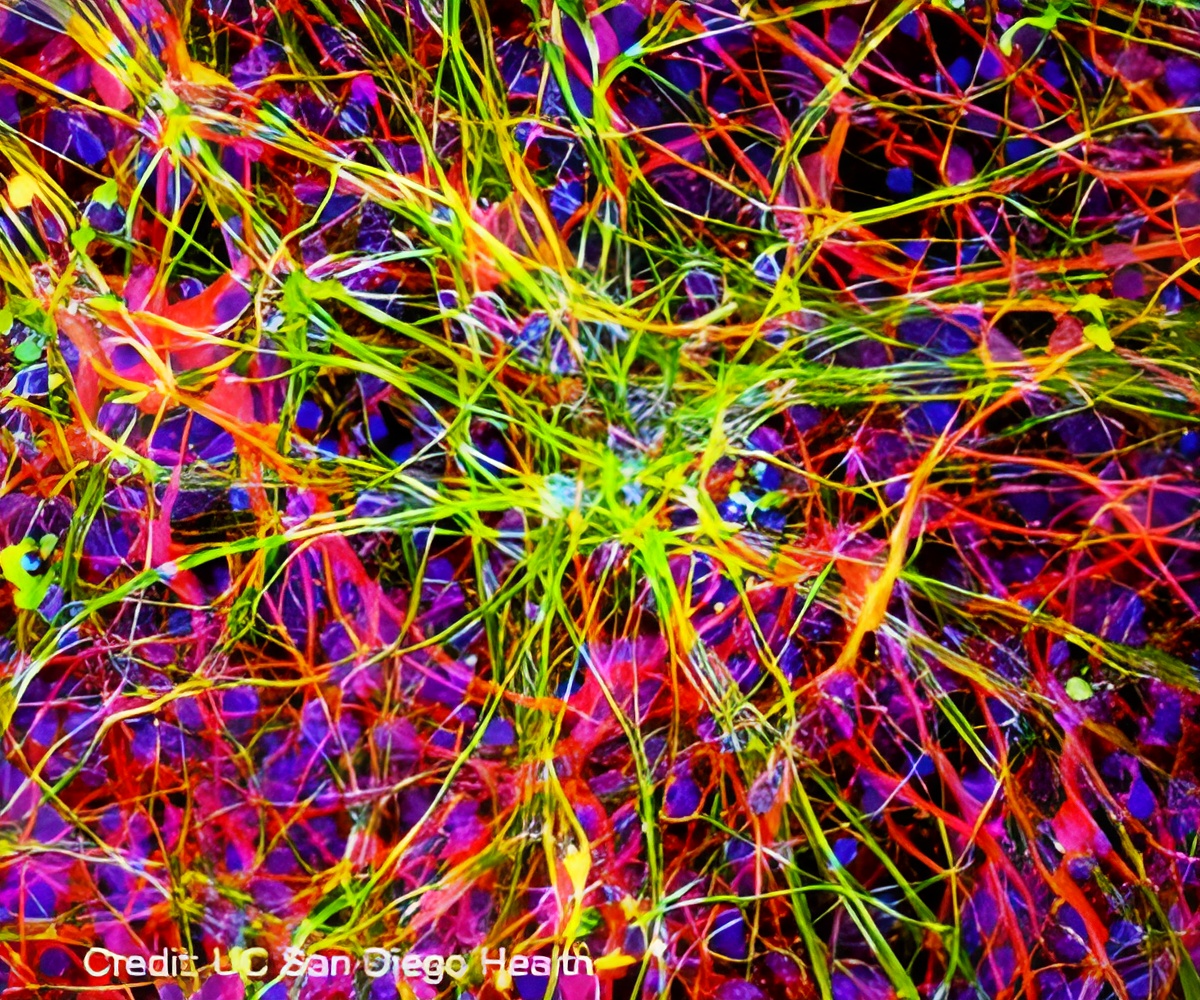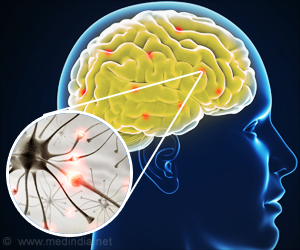Increased glucose, converted into energy, can help give people with amyotrophic lateral sclerosis (ALS) improved mobility and longer life, finds a new study.

‘The motor neurons live longer and move more efficiently when the glucose amount is increased in ALS patients.’
Read More..




People with ALS use more energy while resting than those without the disease, while simultaneously, they often struggle to effectively make use of glucose, the precise ingredient a body needs to make more energy. Experts have not known exactly what happens in a patient's cells to cause this dysfunction or how to alleviate it.Read More..
"This project was a way to parse out those details," said Manzo, who described the results, published online in eLife, as "truly shocking."
The study revealed that when ALS-affected neurons are given more glucose, they turn that power source into energy. With that energy, they're able to survive longer and function better. Increasing glucose delivery to the cells, then, maybe one way to meet the abnormally high energy demands of ALS patients.
"These neurons were finding some relief by breaking down glucose and getting more cellular energy," Manzo said.
ALS is almost always a progressive disease, eventually taking away patients' ability to walk, speak, and even breathe. The average life expectancy of an ALS patient from the time of diagnosis is two to five years.
Advertisement
Previous studies on metabolism in ALS patients have focused primarily on what happens at the whole-body level, not the cellular level, Zarnescu explained.
Advertisement
"It's difficult to study, in part because of limited accessibility to the nervous system," she said.
Because scientists can't scrape away neurons from the brain without causing irreparable damage to a patient, the researchers used fruit flies as a model.
"Fruit flies can teach us a lot about human diseases," Manzo said.
In the lab, he and Zarnescu used high-powered microscopes to observe the motor neurons of fruit flies in their larval state, paying close attention to what happened as they provided more glucose.
They found that when they increased the amount of glucose, the motor neurons lived longer and moved more efficiently. When the researchers took glucose away from the neurons, the fruit fly larva moved more slowly.
Their findings were consistent with a pilot clinical trial, which found a high carbohydrate diet was one possible intervention for ALS patients with gross metabolic dysfunction.
"Our data essentially provide an explanation for why that approach might work," Zarnescu said. "My goal is to convince clinicians to perform a larger clinical trial to test this idea."
Source-Eurekalert













